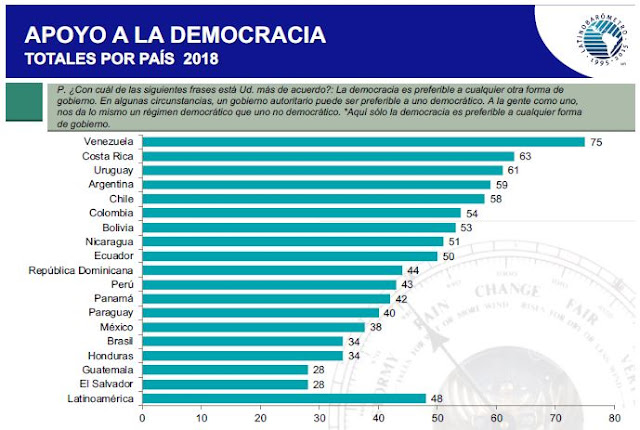The FMLN legacy

Today is the final day of ten years of the left-wing FMLN in the presidency of El Salvador. And so we take a look back at the legacy of the governments of the party formed by former guerrilla forces turned politicians after the signing of the 1992 Peace Accords. Unfortunately for the FMLN, the two presidents elected under the party’s banner end up dragging down its legacy. Mauricio Funes enjoyed high popularity ratings and swept the party into the presidency for the first time in 2009. Yet now Funes sits in exile in Nicaragua, with orders for his capture on corruption charges outstanding, and with investigative journalists detailing how he lived a luxury lifestyle fueled by public dollars in a secret account of the presidency. Salvador Sánchez Cerén has not had charges of corruption leveled against him, but that might be the most positive thing one can say about his presidency. As a leader, he has inspired no one and been largely absent from an...






